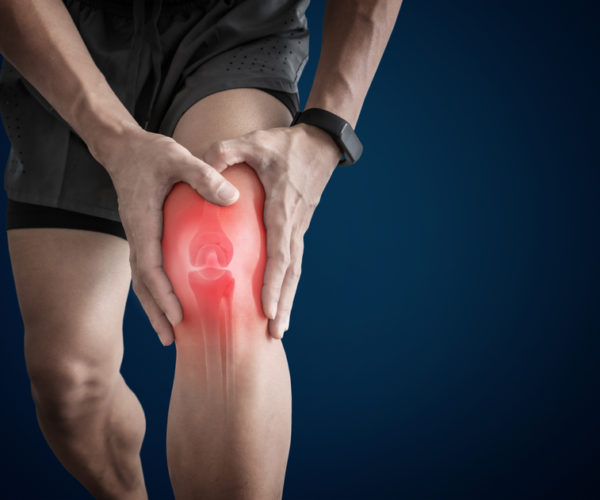Living with chronic pain can be devastating and exhausting. Chronic pain lasts for more than three months. Chronic pain might make it difficult to carry out regular tasks like clothing, cleaning the house, or caring for your children. Fortunately, East Hollywood primary care may help diagnose and manage your chronic pain to help you improve your quality of life.
Here are tips for managing chronic pain.
- Eat a balanced diet
A diet deficient in vegetables and fruits can cause more inflammation in the body and exacerbate or induce pain. Therefore, increase your intake of fruits, vegetables, legumes, and whole grains. Ensure you reduce your intake of processed meals and those with added sugar. Drinking water can also be helpful.
- Join a support group
You feel less alone when you are with folks who also have chronic pain and can relate. You may also benefit from their knowledge of how to deal with discomfort. Also, think about scheduling an appointment with a mental health specialist. If you have chronic pain, you are at higher risk of developing depression. Receiving counseling can help you develop better coping mechanisms and help you stop thinking about things that make your pain worse so you can have a better attitude. Asking for help is not a sign of weakness.
- Learn relaxation techniques
Meditation and deep breathing are two practices that might promote relaxation and reduce pain. Even though there are many different meditation techniques, some rely on repetition for its calming effects. The body relaxes when one focuses on the breath, blocks out thoughts, and repeats a word or phrase (a mantra). Even while you can learn to meditate on your own, taking a class is beneficial.
- Exercise
Exercising boosts the production of endorphins, brain chemicals that suppress pain impulses while also assisting in mood improvement. In addition, exercising strengthens muscles, which helps avoid further injury and discomfort. This is another way that exercise reduces pain. Exercise also helps you maintain a healthy weight, lowers your risk of heart disease, and controls blood sugar levels, which are crucial if you have diabetes. For a personalized workout plan, see your doctor. You should be cautious about the kinds of activities you participate in if you have specific medical issues, such as diabetic neuropathy; your doctor may guide you on the most appropriate physical exercise for you.
- Keep track of your activity and discomfort level every day
Your doctor needs to know how you feel in between appointments to manage your pain properly. You can monitor your pain by keeping a diary or recording your daily “pain score.” Record your pain score from 1 to 10 at the close of each day. Additionally, make a record of your day’s events. Bring this journal with you to every appointment with the doctor so that they have a thorough idea of how you manage your chronic pain and how well you can function.
- Reduce stress
Stress can aggravate chronic pain. Thus, it is critical to identify methods of lowering both physical and emotional stress. Your body’s sensitivity to pain can be increased by negative emotions, including anxiety, stress, depression, and aggression. You can reduce stress by engaging in guided meditation, exercising, or listening to calming music.
Call EE Healthcare to book your appointment to manage your chronic pain.




